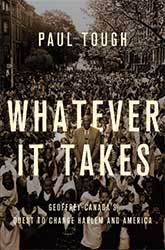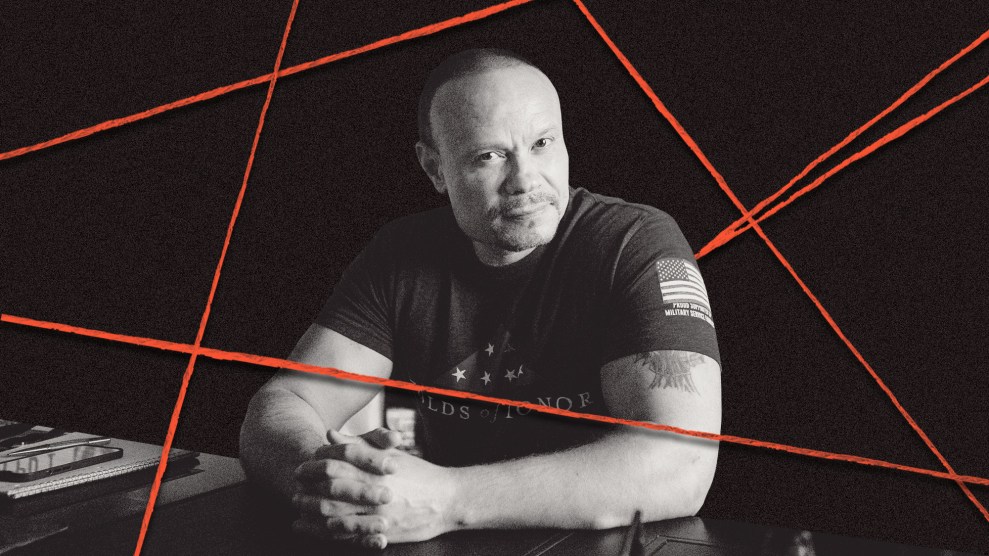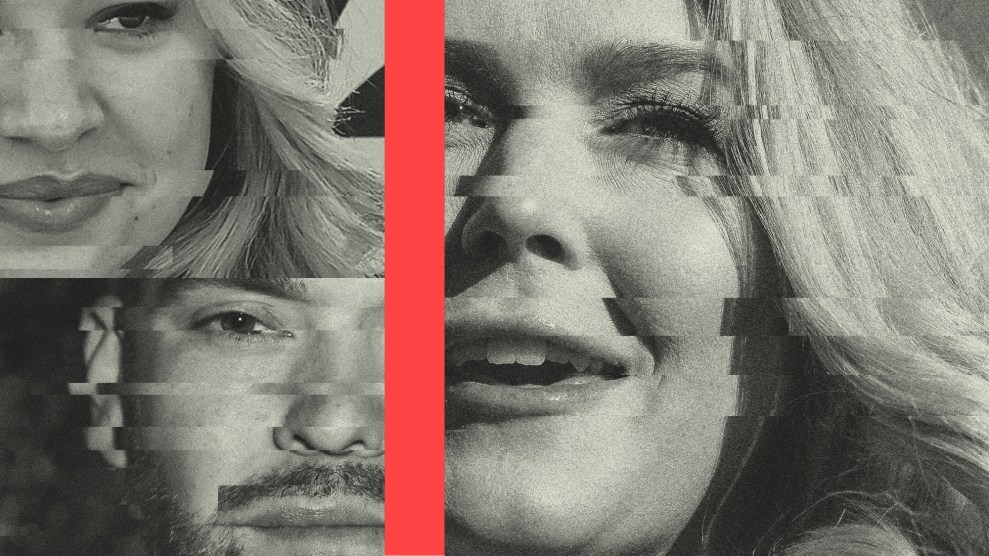
It’s a familiar story: A guy from the hood does good, then returns to lift up the folks back home. A reporter shadows him, showing us the bullet holes, the exhausted yet heroic crusader, the teary graduation ceremony. Whatever It Takes fits into the inner-city redemption genre, but thankfully, Paul Tough avoids its traps. His subject, Geoffrey Canada, is the head of the Harlem Children’s Zone, a conveyor belt of conception-to-graduation services and schools that he hopes will “contaminate” Harlem with education and upward mobility. Canada’s strategy, as Tough puts it, is to “borrow some of the new ideas from the manic superparents downtown and combine them with the hanging-out-on-the-stoop beliefs that he grew up with” to create a new black middle class. His Baby College gets pregnant teenagers to talk to their fetuses, preschoolers study French, and eighth-graders at his Promise Academy Charter School stay in class through July.
Canada is admirable, but not always appealing. He is so obsessed with his students acing state tests that he forces second-graders to cram for third-grade exams. When he fires a principal who questions the value of 7 a.m. prep sessions, many teachers follow her out the door. “If we want this thing to work,” Canada says, “we’ve got to act more like Wal-Mart…It doesn’t matter that they’re selling flat-screen TVs and we’re educating children.”
Whatever It Takes breaks from the Stand and Deliver arc that requires every setback to be followed by a triumph. Even as Tough zooms in to profile people Canada has helped, he is aware of the decades of similar yet unsuccessful anti-poverty programs. In the final chapters, he strains to cast a rosy glow on his flawed hero—perhaps because Barack Obama has vowed to “combat urban poverty” by replicating Canada’s model. Yet Tough, smartly and rightly, leaves us wondering if this is the approach to implement, and whether Canada has finally cracked the question, “Why are poor people poor?”
















